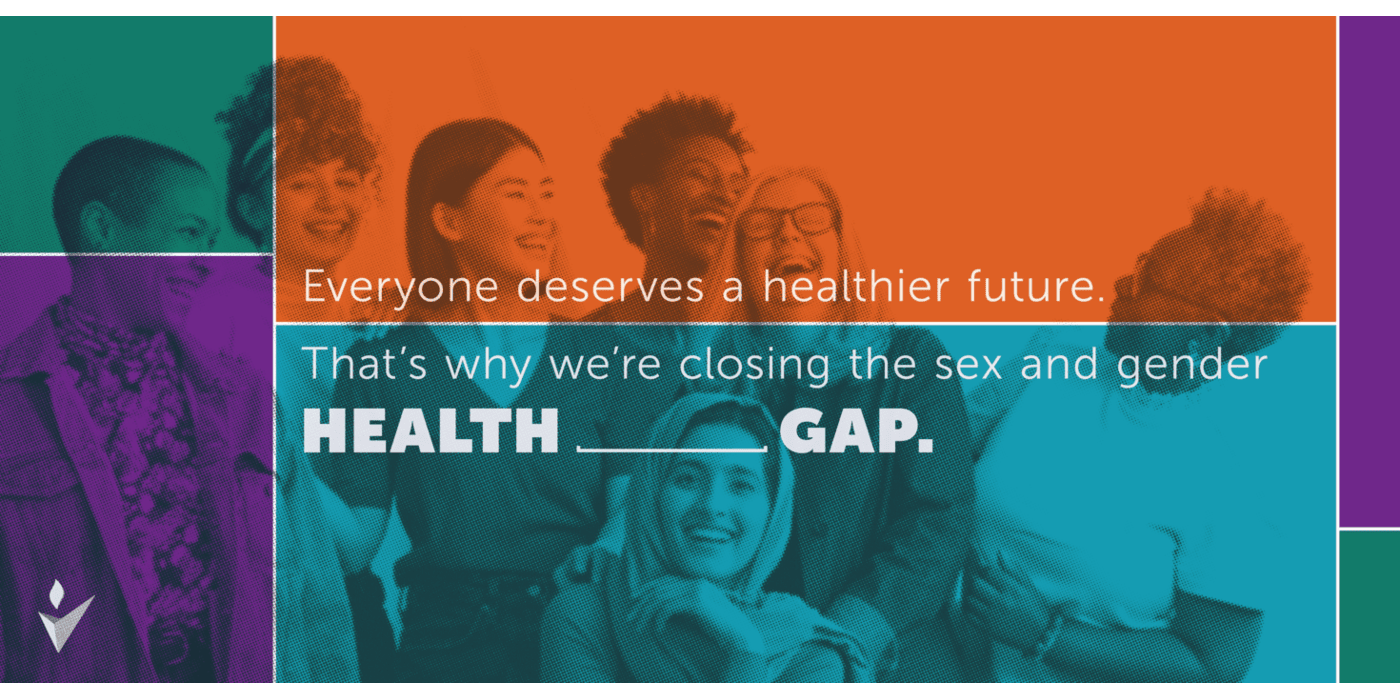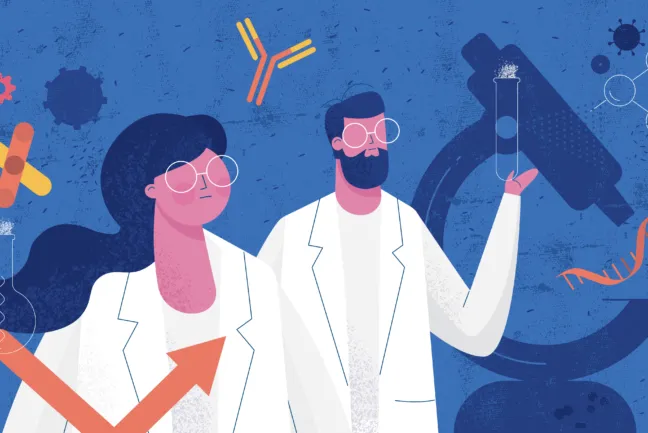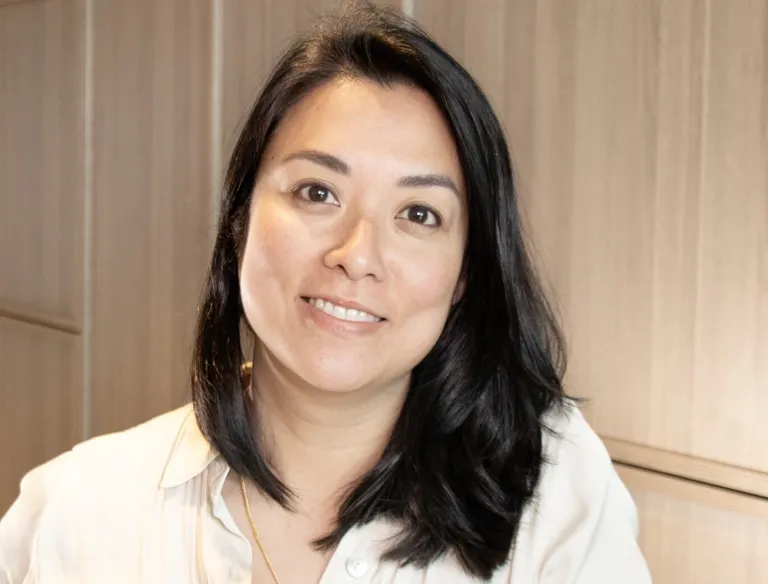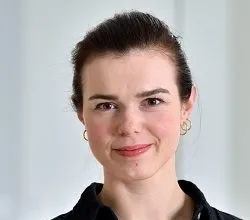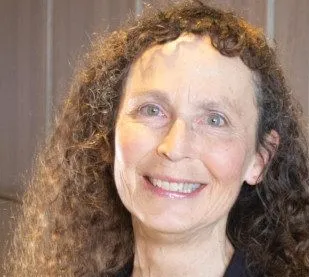When it comes to our health the story isn't balanced. But it should be. We are committed to achieving health equity through our sex and gender initiatives.
We consider how sex and gender influence health and medical research because it is sound science and promotes the health of everyone.
Discover how The George Institute is leading efforts to close the sex and gender health gap in a video by our Founding Director, Prof Robyn Norton, and a blog from our Chair in Global Women’s Health, Prof Jane Hirst.


